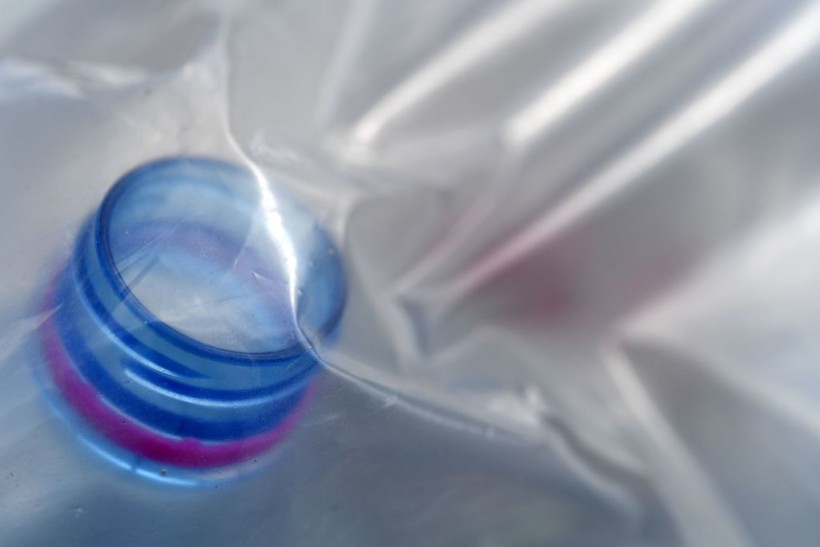A team of researchers at Eidgenössische Technische Hochschule Zürich recently succeeded in breaking down a plastic material into its molecular building block and recovering more than 90 percent of them, an initial step towards recycling genuine plastic.
As specified in a Chemeurope.com report, the chemical industry has a long tradition of producing polymers. This comprises converting tiny molecular building blocks into long molecular chains that bond together. Essentially, polymers are the basis of all types of plastics used every day, like PET and polyurethane.
Breaking down plastic into its constituent parts https://t.co/HqHDC14EYP
— chemeurope.com (@chemeurope_com) March 25, 2022
A team of ETH researchers led by Athina Anastasaki have succeeded in breaking down plastic into its molecular building blocks and in recovering over 90 percent of them. A first step towards genuine plasti… pic.twitter.com/cQgYu80uEY
Nonetheless, while the polymers' formation is well established and well examined, researchers have given little attention to how polymer chains are broken down, a process known as depolymerization to cover their individual building blocks called monomers.
One reason for this is that breaking down polymers is a complicated process. Whether a polymer can be broken down into its so-called "constituent parts" relies on which of the different polymer manufacturing processes were used.
ALSO READ: Track Marine Litter Anywhere in the World With This New Interactive Website

A plastic bottle is pictured in a recycling facility in Bourg-Blanc, western France.
Breaking Down Polymers into Building Blocks
In the study published in the Journal of the American Chemical Society, Professor of Polymeric Materials Athina Anastasaki from ETH Zurich wants to change the process; she has set her self the objective of producing polymers that can easily be broken down into their building blocks so that they can be recycled entirely.
The materials scientist was able to take an initial essential step in this direction, a study her team conducted. In it, Anastasaki, with her colleagues, showed they could break down specific polymers into their basic building blocks known as monomers, and recycle them for use in materials for more extensive applications.
In a similar report, EurekAlert! specified that polymers broken down are polymethacrylates produced through a specific polymerization method known as reversible addition-fragmentation chain-transfer polymerization, otherwise identified as RAFT. This comparatively new approach, which is currently attracting the interesting industry, produces polymer chains of uniform length.
Not a Short-Term Solution to Plastics Problem
Describing their findings, the researchers clarified that the approach would not resolve the problem with plastics in the short term. Even if this new approach raises hopes of solving the plastic waste problem of humans, Anastasaki has dismissed the notion for the time being.
She explained, there was no quick fix to this problem. She continued, it will take so much time and studies before the process gets established in the chemical industry.
Neither will it get rid of plastic waste. The polymers today cannot be broken down in this way. Some new, appropriate polymers need to come into circulation before recovering their building blocks. Nonetheless, the technique has an advantage, and that's no new chemical plants needed for it to be introduced and eventually utilized.
Anastasaki said they are only at the start of the study into depolymerization. There are more than 30,000 studies on creating new polymerization strategies, with just a handful of them dealing with the subject of monomer recovery.
Related information about recycling plastics is shown on VDI Zentrum Ressourcenetfizienz's YouTube video below:
RELATED ARTICLE: Beware of Sipping: Your Cup of Tea Could Be Filled with Microplastics
Check out more news and information on Plastics in Science Times.














